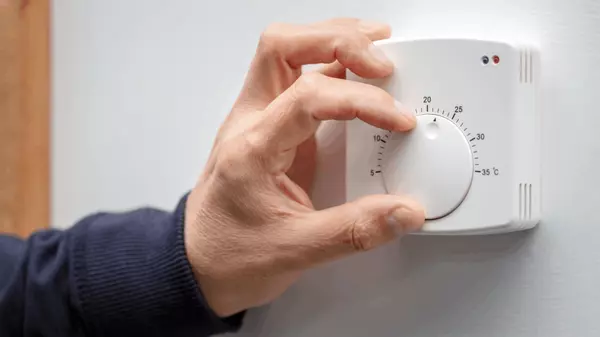Do I need a Home Inspection?
When it comes to buying or selling a home, one question that often arises is whether a home inspection is necessary. While it's not a legal requirement, it is highly recommended for both buyers and sellers. Understanding the importance and benefits of a home inspection can make the process smoother and more transparent for all parties involved.
For Buyers:
Purchasing a home is one of the most significant investments you'll make in your lifetime. As such, ensuring that you're making a sound decision is crucial. A home inspection provides an unbiased evaluation of the property's condition, highlighting potential issues that might not be visible during a casual walkthrough. These inspections typically cover essential aspects such as the foundation, roof, electrical systems, plumbing, heating and cooling systems, and overall structural integrity.
By opting for a home inspection, buyers can gain peace of mind knowing that they are fully informed about the property's current state. It allows them to identify any repairs or maintenance needed before finalizing the purchase. This information can be vital when negotiating the price or asking for repairs to be completed by the seller before closing.
Moreover, having a detailed report from an inspector can help buyers plan for future expenses. For instance, if the inspection reveals that the roof will need replacement in five years, buyers can factor this into their long-term budgeting plans.
For Sellers:
While sellers are not required to conduct a home inspection before listing their property, doing so can offer significant advantages. Firstly, it allows sellers to be proactive by identifying and addressing potential issues before putting their home on the market. This can lead to smoother negotiations and reduce the likelihood of surprises during the buyer's inspection process.
Understanding what inspectors typically look for can help sellers prepare their homes better. Inspectors will assess areas such as structural components (walls, floors, ceilings), exterior features (siding, windows), roofing (shingles, gutters), plumbing systems (pipes, water heaters), electrical systems (wiring, panels), heating and cooling systems (furnaces, air conditioners), and insulation and ventilation.
By addressing these areas beforehand, sellers can present their homes in optimal condition, potentially increasing its value and attractiveness to buyers. Additionally, having an inspection report available can demonstrate transparency and build trust with prospective buyers.
Furthermore, sellers who invest in pre-listing inspections may find themselves at an advantage during negotiations. If issues arise during a buyer's inspection that were previously undisclosed or unknown to both parties, it could lead to delays or even jeopardize the sale altogether. By being upfront about any problems and providing evidence of repairs or maintenance done based on an initial inspection report, sellers can mitigate these risks.
In conclusion:
While a home inspection is not mandatory when buying or selling property, it is highly recommended due to its numerous benefits for both buyers and sellers. For buyers, it offers peace of mind by revealing potential issues and helping them make informed decisions about their investment. For sellers, it provides an opportunity to address problems proactively and present their homes in the best possible condition while fostering trust with prospective buyers.
Ultimately investing in a professional home inspection ensures transparency throughout real estate transactions leading towards successful outcomes benefiting all parties involved!
Categories
Recent Posts










